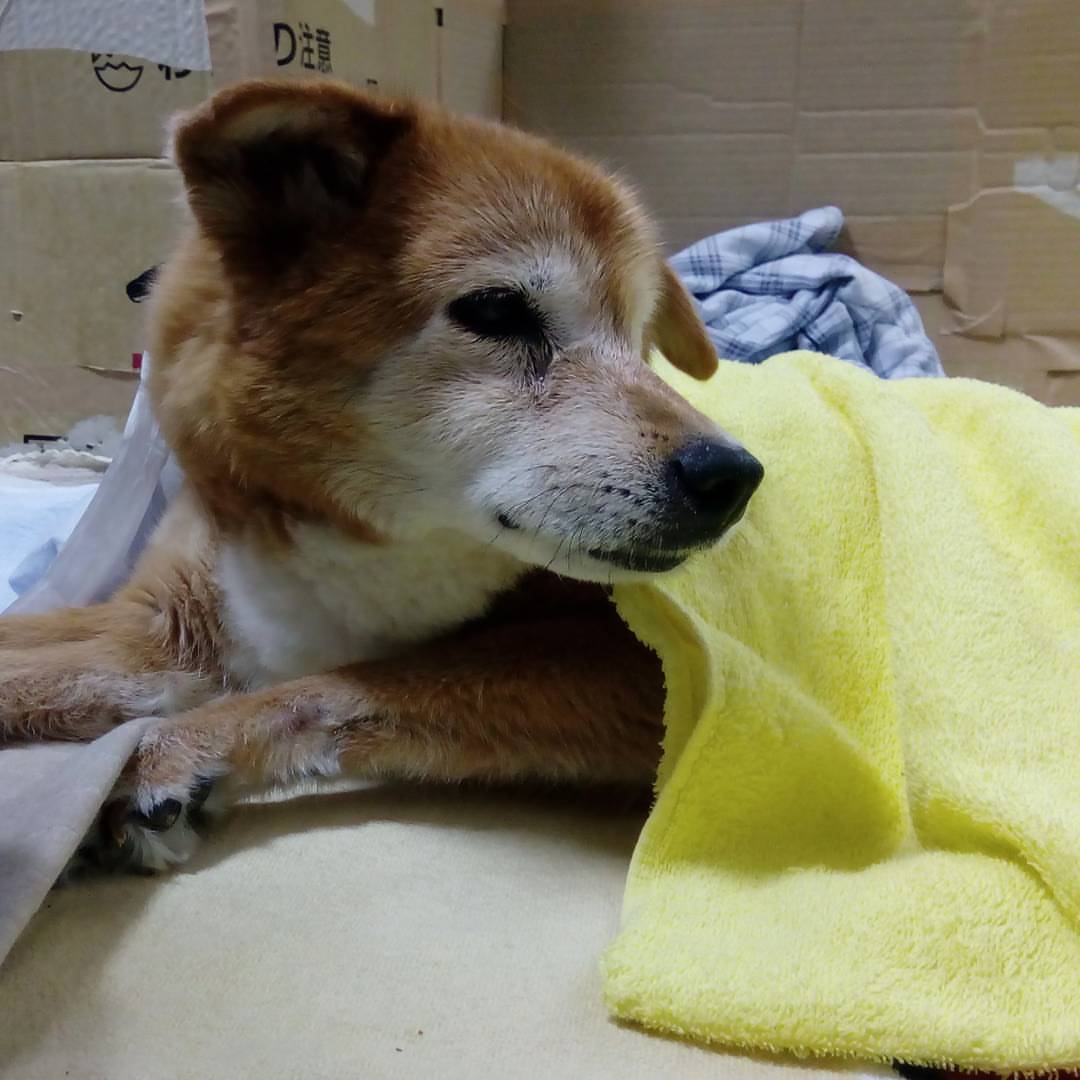What’s dog dementia?
Canine cognitive dysfunction (also known as dog dementia) is a cognitive condition in dogs that has similar effects to Alzheimer’s in people. It is a condition that occurs due to the dogs brain aging. This causes changes in behavior, memory, learning, comprehension, and other cognitive function’s. Clinical signs of Dementia can be found in half of older dogs than 11.

Common symptom’s of Dementia
Canine cognitive dysfunction (CCD), also known as Dementia, is what you might have observed in your dog’s behavior. The likelihood of your dog developing dementia increases as they age. According to Today’s Veterinary Practice, CCD affects 28 percent of 11- and 12-year-old dogs and 68 percent of 15- and 16-year-olds.
Some signs and symptoms of Dementia include:
- Restlessness. You may notice your pet wandering around the house and not wanting to stay in one place for too long. Dogs with Dementia may walk in circles or pace.
- Confusion. CCD dogs can be easily confused even within their own homes. Dogs with CCD may have difficulty finding their way around your house or forget their food dishes. Your dog may lose its family member’s names or forget their name as the disorder progresses.
- Sleep changes. CCD can disrupt your pet’s sleep/wake cycle. CCD can cause your dog to wander around the house and sleep all day.
- Barking and howling. Dogs with Dementia might suddenly bark, howl or whine without apparent reasons.
- Separation anxiety. Some dogs are less interested in being with their family, while others cannot bear to be apart from you for even a moment.
- Staring. YourYour pet might stare into space for long periods.
- Irritability. Irritability. Has your once calm dog suddenly become aggressive and irritable? Dogs with Dementia are more likely to have behavioral problems.
- Disinterest. CCD can cause your dog’s disinterest in certain toys, foods, and people.
- Housetraining Accidents. Housebroken pets may suddenly have accidents in the house. Your dog may have difficulty remembering that it should be outside. Dogs with problems controlling their bladder and bowel may also experience difficulty.

What causes dog dementia?
It is not known what causes dog dementia. The disease is often caused when brain function is affected due to the aging process. However, Dementia can also be caused by cognitive decline and age. Genetic factors and other diseases such as brain tumors, brain trauma and brain injury may all contribute to the development of Dementia in dogs.
What to do if your dog is suffering from Dementia?
If you suspect your dog may have Dementia, it is important to visit the veterinarian. Certain diseases and illnesses, such as tick-borne diseases and brain tumors, can lead to symptoms similar to Dementia.
You may like: Why Does My Dog Grind His Teeth?
Your pet’s doctor might make some recommendations if your pet has been diagnosed with CCD.
- How to Change Your Pet’s Food Habits. Today’s Veterinary Practice reports that pets suffering from CCD may benefit from a diet high in antioxidants. Supplements that can reduce or relieve dementia symptoms may also be available for your dog.
- Try Prescription Medication. Selegiline hydrochloride is a medication that can control some symptoms of CCD. Your veterinarian may recommend it. If your dog is suffering from anxiety or depression due to Dementia, you may be able to prescribe other medications.
- It is important to have a routine. Changes can be very confusing for dogs with Dementia. Your dog will feel more secure if you stick to the same daily routine.
- Scheduling Regular Potty Breaks. It is easy to reduce accidents in the house by taking your pet outside multiple times per day.
- Regular Exercise. Regular exercise is crucial for your dog’s mental and physical well-being. Play a new game, or give your dog a toy while you’re out. Dogs with CCD need mental stimulation.

Is there any treatment for dog dementia?
Yes, treatments are available to help manage the symptoms of dog dementia. Some medications can be used to reduce anxiety and improve cognitive function. Other treatments include dietary changes, nutritional supplements, physical exercise, environmental enrichment activities, and positive reinforcement training. Your veterinarian will work with you to determine the best treatment for your pet based on its needs. Working together with a veterinarian is key in helping dog live high-quality life despite any diagnosis of Dementia.
In addition to medical management of the condition, it’s essential to provide ongoing mental stimulation for your dog through puzzle toys, interactive playtime, or structured training sessions. Keeping up regular socialization with other people and dogs can also help slow the progression of Dementia and provide comfort. Finally, ensure to keep your pet’s environment as stress-free and predictable as possible to reduce confusion and promote mental well-being.
You may like: My Dog eat paper towel should I Be Worried
How can dog dementia be diagnosed?
These symptoms are not indicative of canine Dementia. These symptoms could also indicate another disease your dog may suffer from. A professional must diagnose Dementia in dogs. The current method is to rule out other possible illnesses. If you think your dog might have Dementia, it is important to visit your vet. Your vet will run the necessary tests or order an MRI to confirm the diagnosis. The best scenario is for your dog to regularly visit the veterinarian so that symptoms of Dementia can easily be diagnosed and treated.




